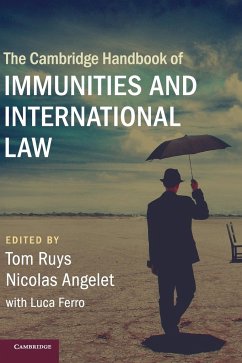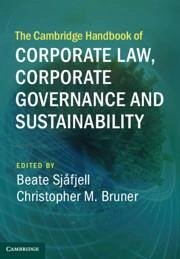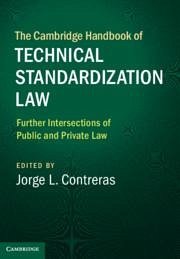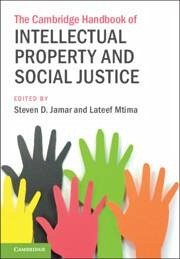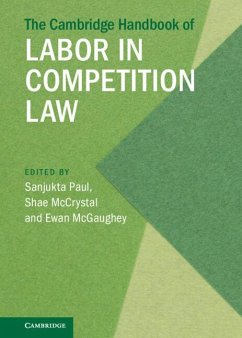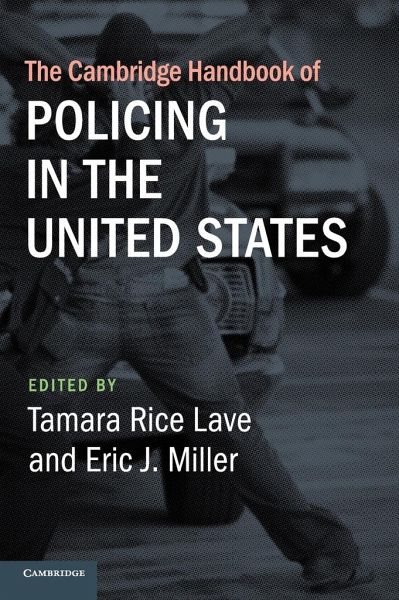
The Cambridge Handbook of Policing in the United States
Versandkostenfrei!
Versandfertig in 1-2 Wochen
148,99 €
inkl. MwSt.
Weitere Ausgaben:

PAYBACK Punkte
74 °P sammeln!
A comprehensive collection on police and policing, written by experts in political theory, sociology, criminology, economics, law, public health, and critical theory.




